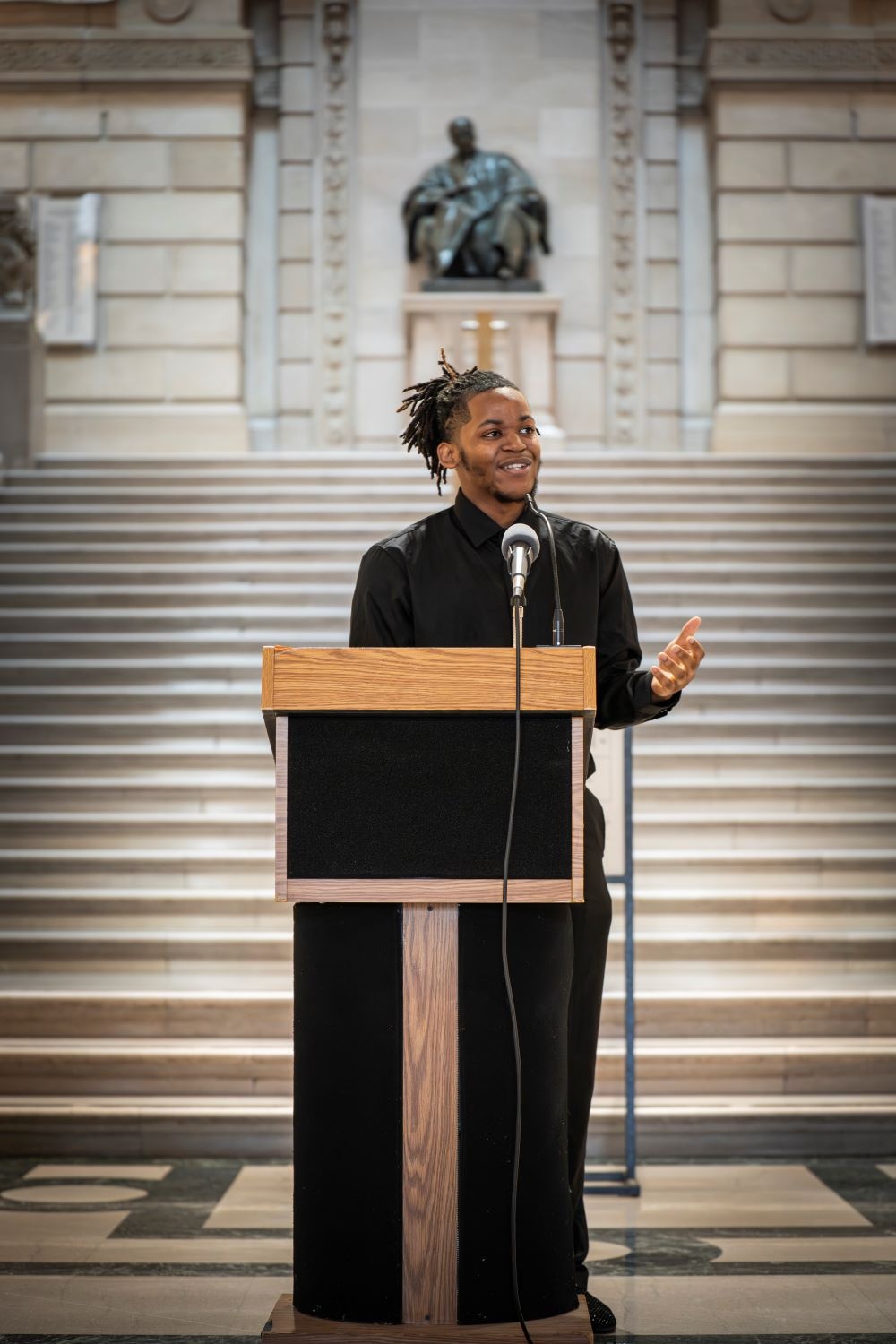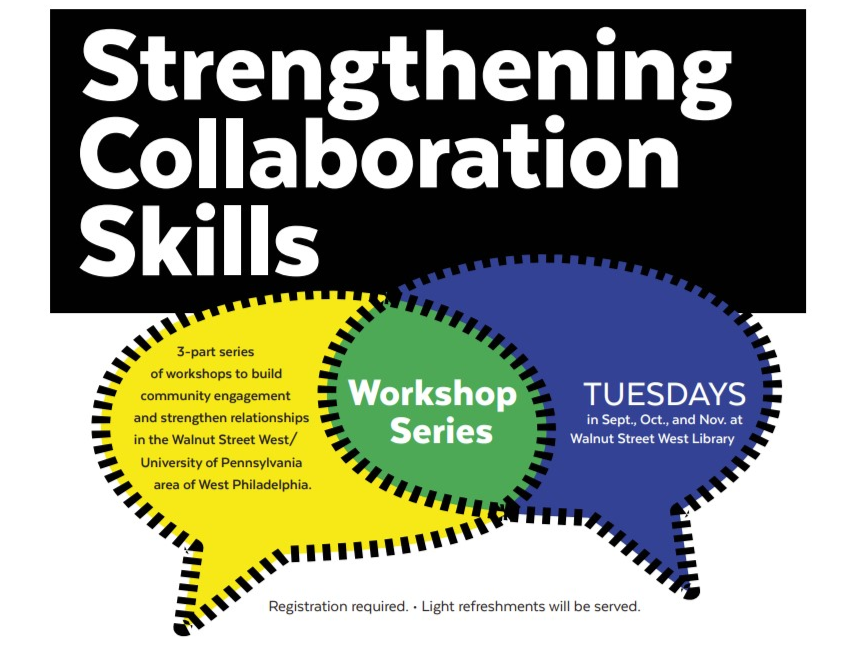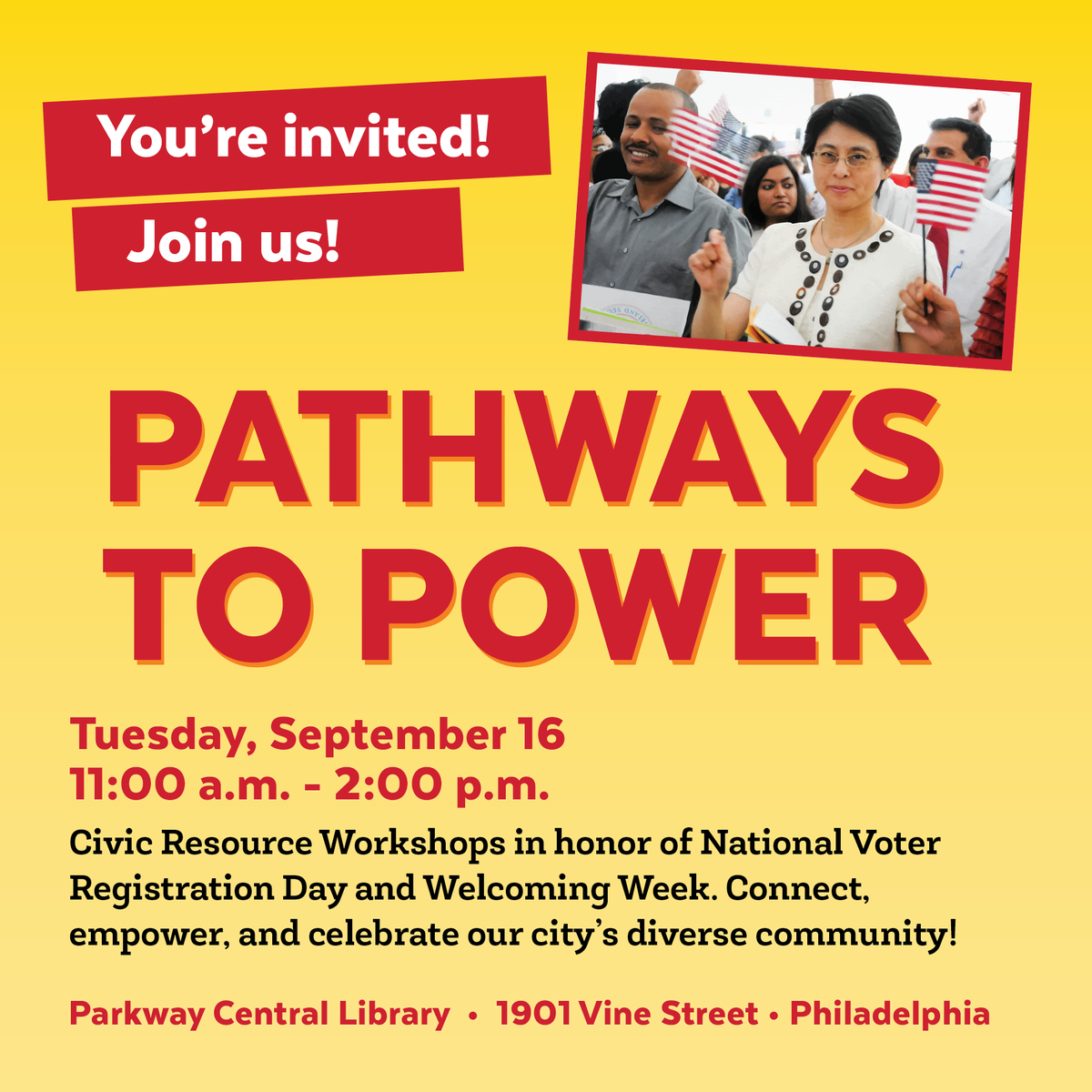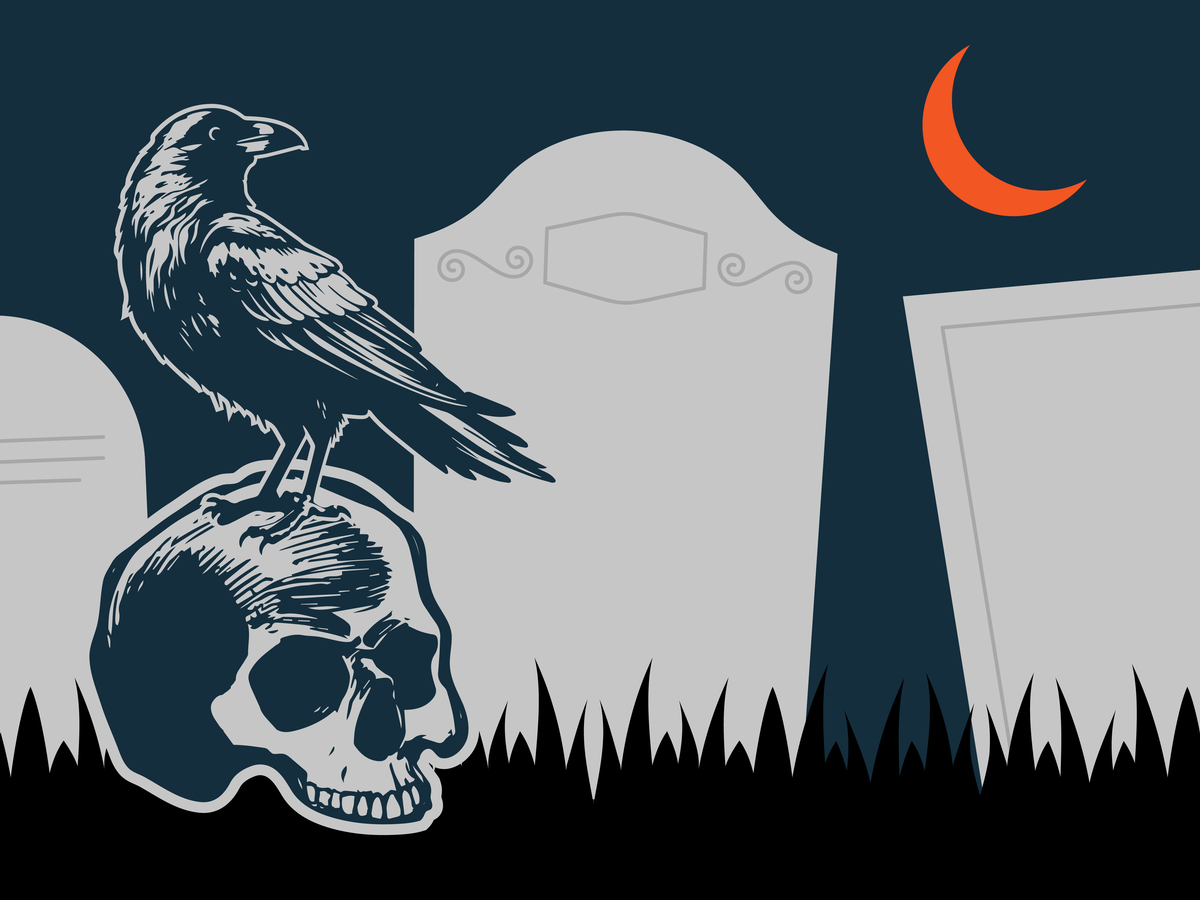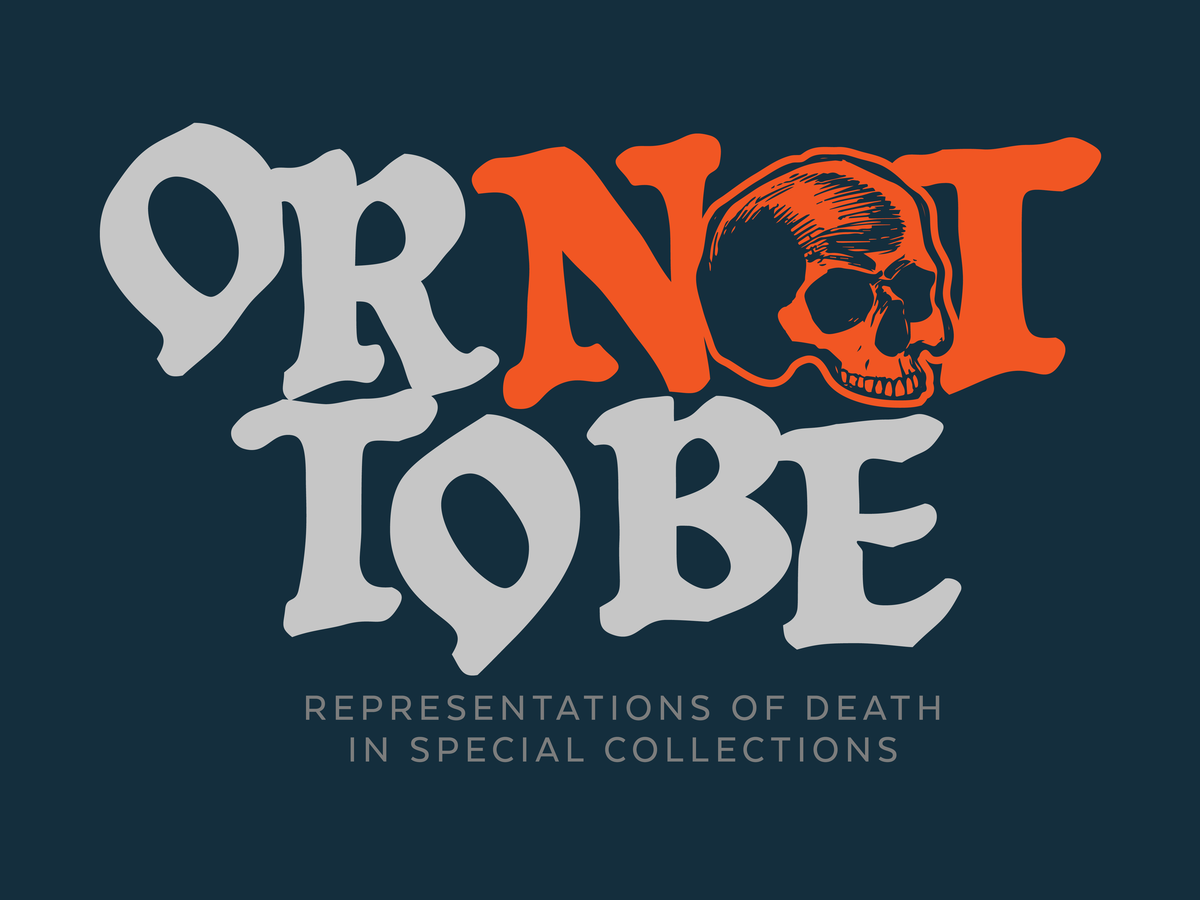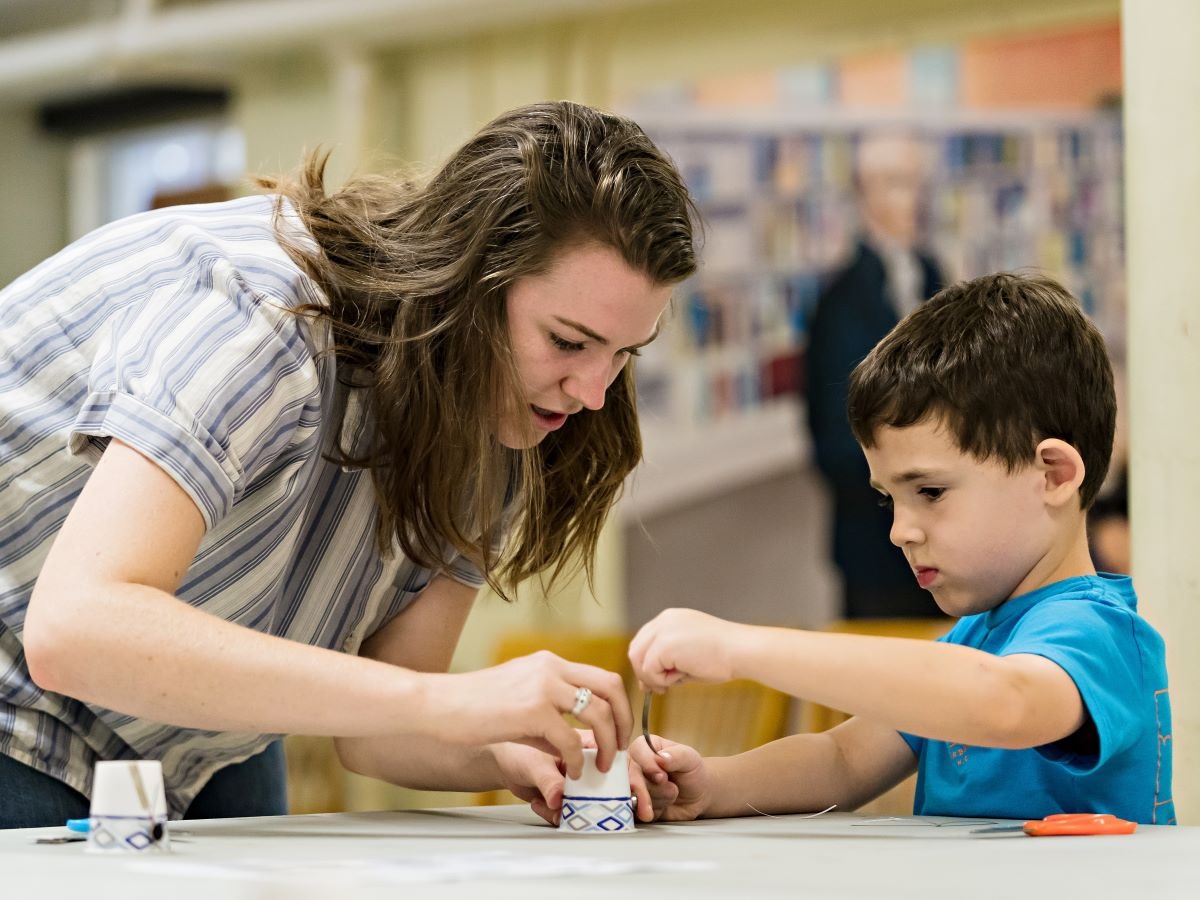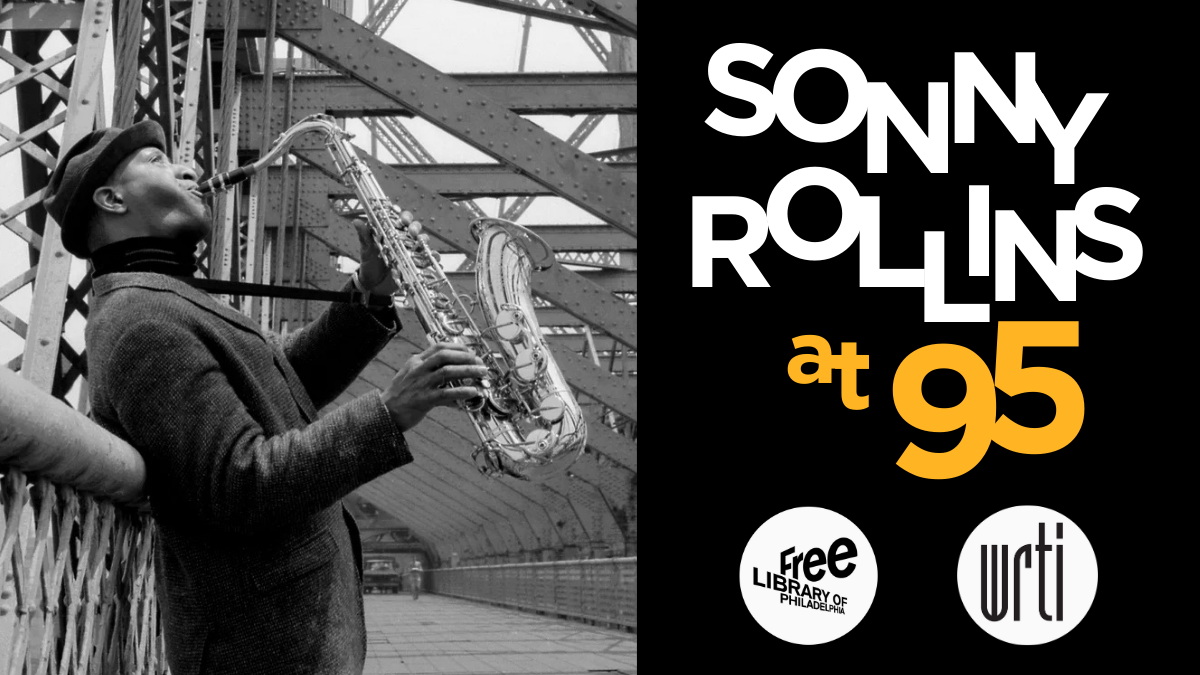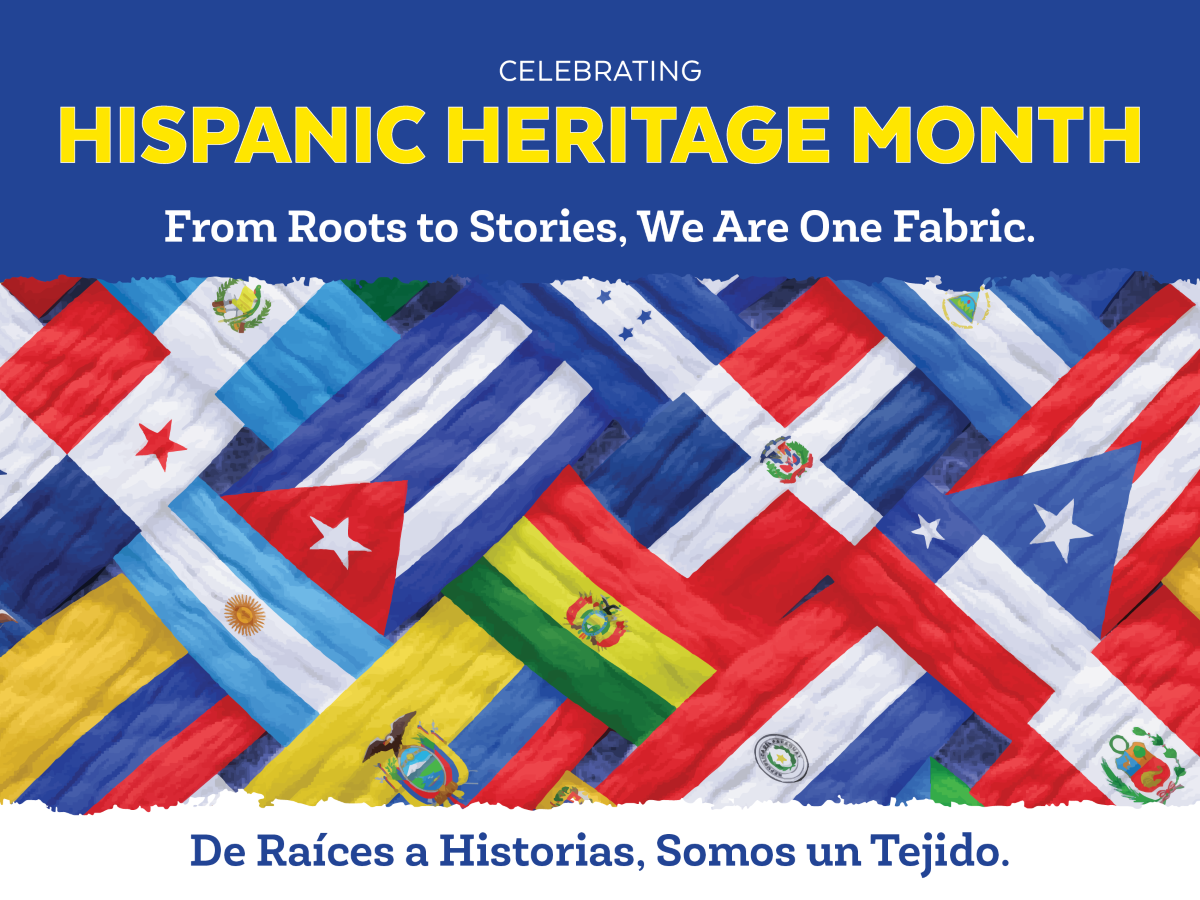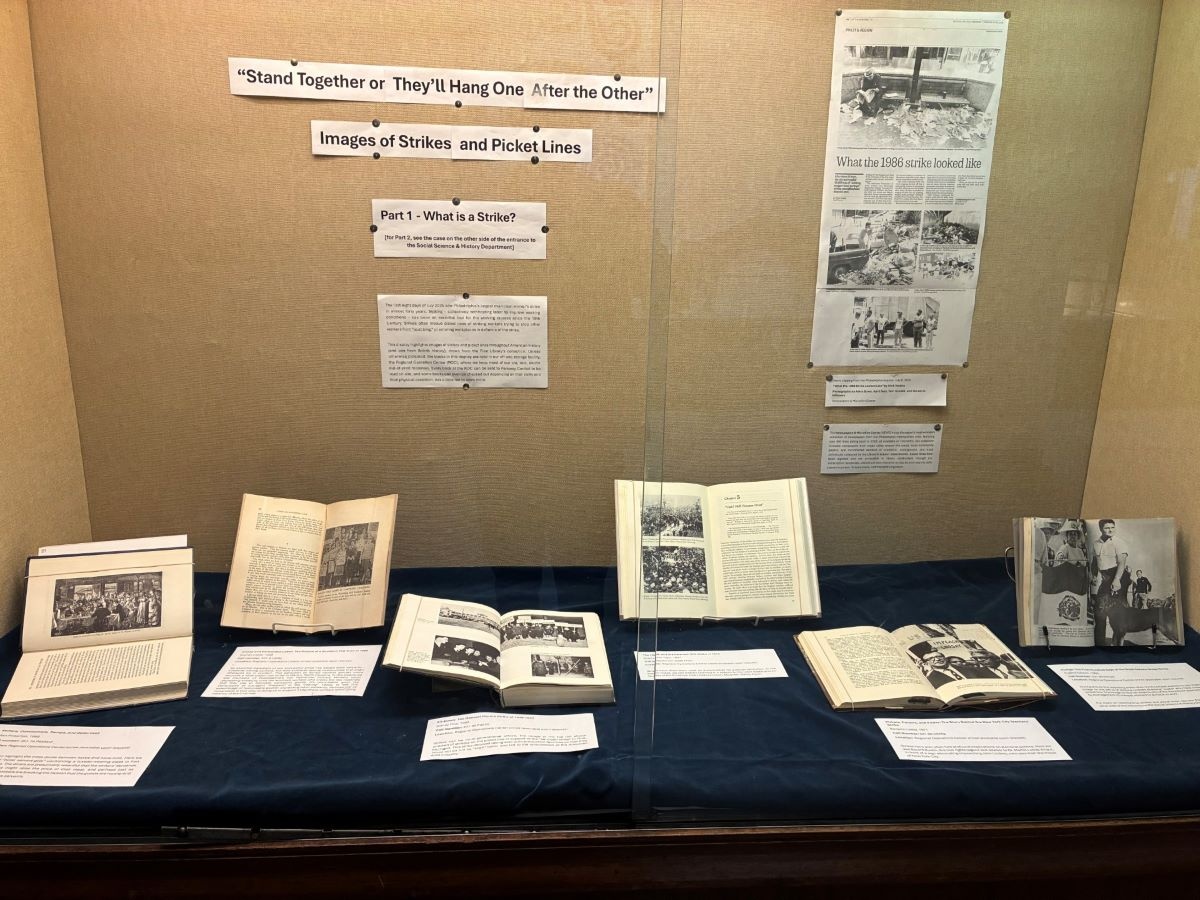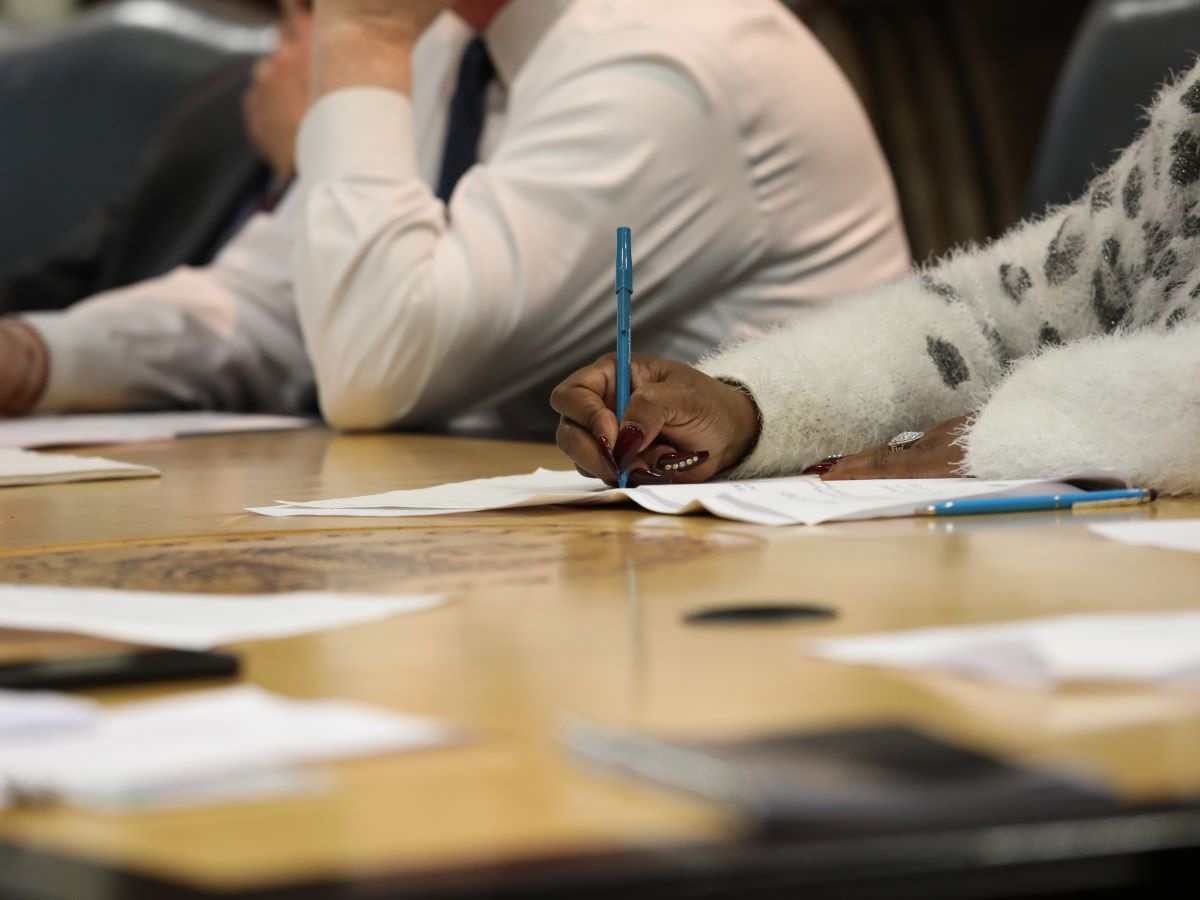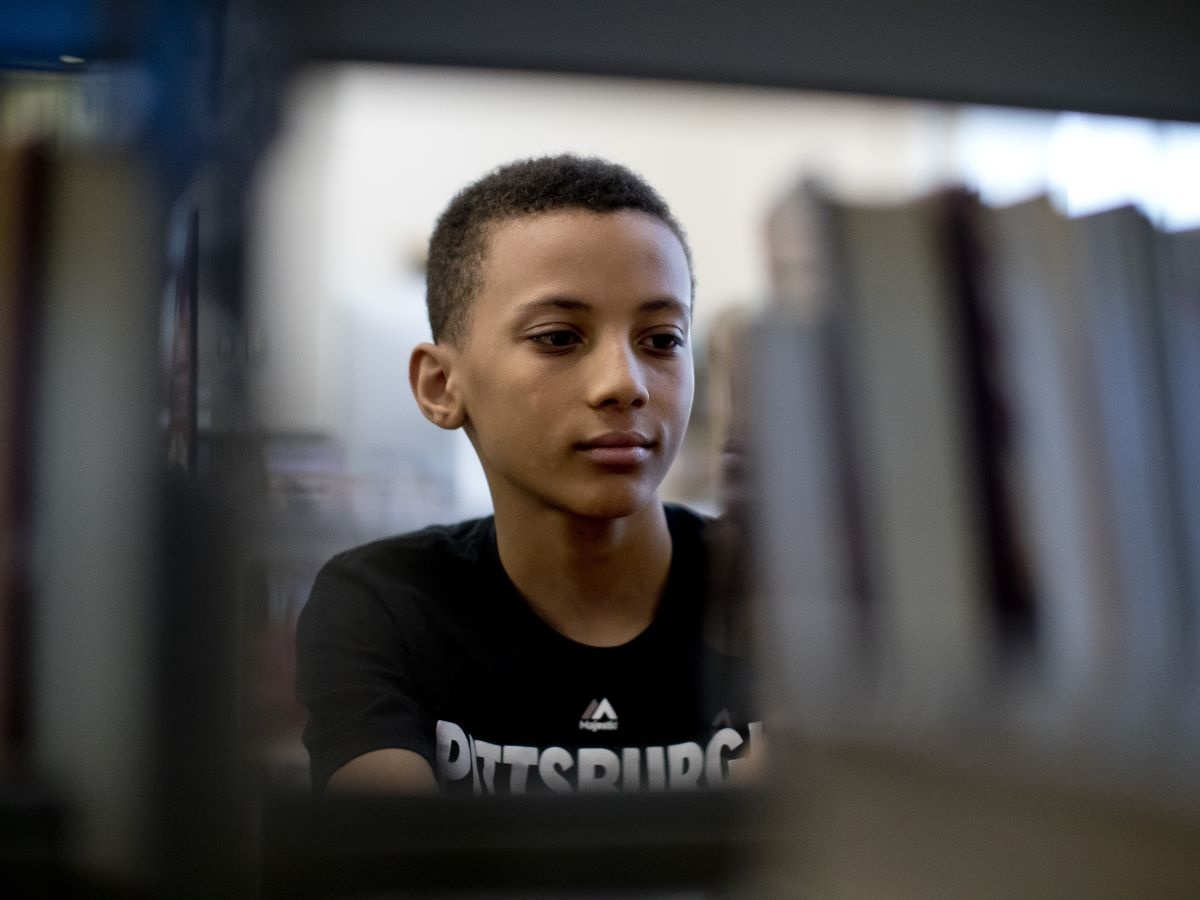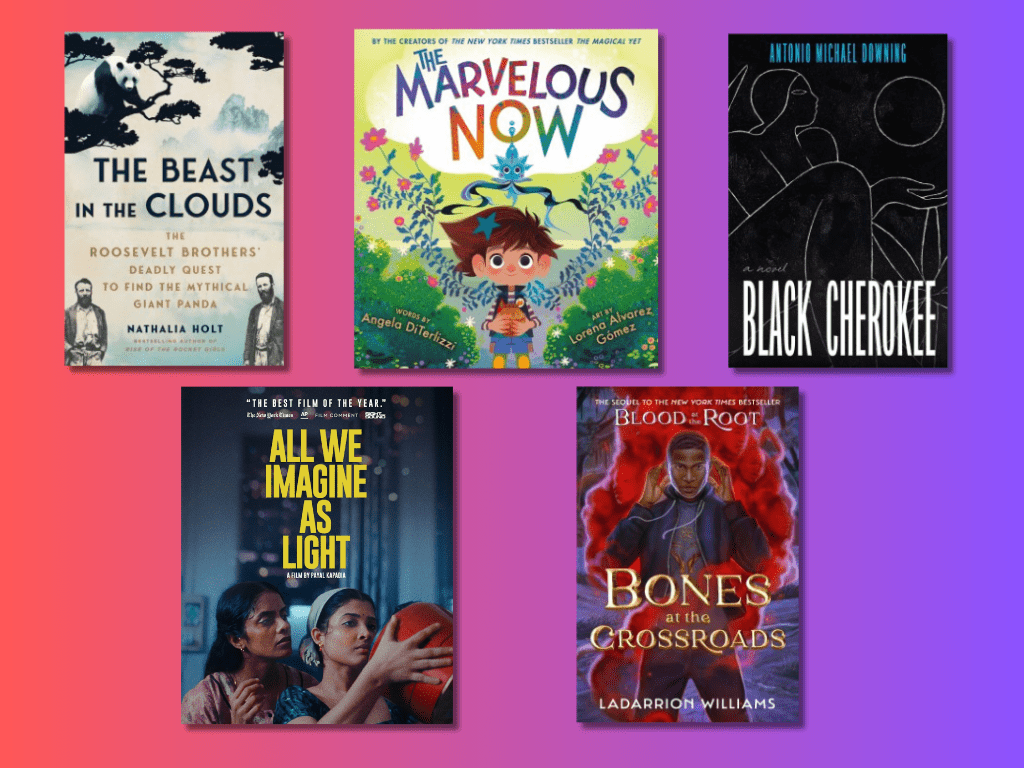Blog Articles
The Free Library of Philadelphia is pleased to announce the 2025–26 Philadelphia Youth Poet Laureate : Rashawn Dorsey , a senior at Academy at Palumbo High School! He was selected from… continue reading Rashawn Dorsey is the 2025–26 Philadelphia Youth Poet Laureate
By written by Yona Y. September 15, 2025
The Free Library Board of Trustees will be holding its first meeting of FY26 on Friday, September 19, 2025 from 8:00 a.m. to 10:00 a.m. The meeting will be held virtually on Zoom. View the… continue reading The Free Library Board of Trustees Public Meeting on Friday, September 19, 2025
By written by Administrator September 12, 2025
Strengthening Collaboration Skills and Advancing Community Engagement in West Philadelphia is a series of workshops designed for community members, University of Pennsylvania students, and staff… continue reading Strengthening Collaboration Skills Workshops for West Philadelphia Community
By written by Shelley R. September 8, 2025 1
Join Us for Pathways to Power , a free civic resource workshop for Philadelphia residents! In celebration of National Voter Registration Day and Welcoming Week , this free event is your… continue reading Pathway to Power: Civics Resources Workshops
By written by Joe S. September 8, 2025
Or Not to Be: Representations of Death in Special Collections is on view from Monday, September 8, 2025, to Saturday, February 28, 2026, on the Third Floor of Parkway Central Library in the… continue reading Or Not to Be: Resources From the Exhibition
By written by Gillian R. September 5, 2025
Or Not to Be: Representations of Death in Special Collections is on view from Monday, September 8, 2025, to Saturday, February 28, 2026, on the Third Floor of Parkway Central Library in the… continue reading Or Not to Be: An Exhibition from Special Collections
By written by Gillian R. September 5, 2025
Fall is just around the corner! It’s a perfect time of year to establish healthy routines, build brain power, discover helpful resources, and become part of a culture of learning with the… continue reading Back to School: Make the Library Part of Your Household’s Weekly Routine!
By written by Shari K. September 3, 2025
Legendary tenor saxophonist Sonny Rollins is turning 95 on September 7, 2025. Many happy returns! The Free Library of Philadelphia is partnering with local radio station WRTI to… continue reading Sonny Rollins at 95
By written by Jane L. September 2, 2025
From September 15 to October 15, the Free Library observes Hispanic Heritage Month, inviting all to come together and connect through an appreciation of Hispanic history and culture. This year,… continue reading Join the Celebration: Hispanic Heritage Month at the Free Library
By written by Saloua A. September 2, 2025 1
As summer begins to wind down and another autumn is on the horizon, your friends at the Free Library have some new titles to share with you! Young Children (up to 2nd Grade) When You Go to Dragon… continue reading New Titles Coming to the Free Library in September
By written by Rachel F. August 21, 2025
The first eight days of July 2025 saw Philadelphia’s largest municipal workers’ strike in almost 40 years. Striking — collectively withholding labor to improve working conditions… continue reading Images of Strikes and Picket Lines from the Library’s Collections
By written by Ben R. August 21, 2025
Philly Career Launch sessions will be taking place in September and October at various libraries and community locations throughout Philadelphia. Have you experienced job disruption over the past… continue reading Join Philly Career Launch for Our Career Exploration Workshops
By written by Administrator August 18, 2025 3
The Free Library is excited to announce our first-ever FLoP (Free Library of Philadelphia) Bowl , a free esports tournament for teens aged 12–18 hosted at ten local library branches… continue reading Join the Library’s First Teen Esports Tournament!
By written by Rachel H. August 15, 2025
On this page, we will have roof and ceiling repair updates on the Richmond Library every two weeks until the library is reopened. The estimated date for the library’s reopening is summer… continue reading Richmond Library Construction Updates
By written by Mark G. August 14, 2025 13
O’Reilly for Public Libraries provides tens of thousands of e-books, audiobooks, and on-demand courses focused on the latest developments in technology, personal finance, and business… continue reading O'Reilly for Public Libraries
By written by Tyler S. August 12, 2025
Join us for new sessions of our Federal Employee Transition Workshops at the Free Library. Come together with fellow federal workers for a workshop aimed at updating resumes, leveraging LinkedIn… continue reading Federal Employee Transition Workshops: Back by Popular Demand
By written by Administrator August 11, 2025
The Free Library offers a variety of homework help solutions for students of all ages. The Literacy Enrichment After-School Program ( LEAP ) , available throughout the school year,… continue reading Free Homework Help With Your Library Card
By written by Bridget G. August 11, 2025 2
One brisk March day on our lunch break, my friend Chris and I saw a lifeless feathered body in a storm grate on the street. The bird wasn’t a typical city bird — it had a very long… continue reading Why Do Birds Collide With Buildings?
By written by Laura S. July 28, 2025 1
Ready for some new reads to escape this long, hot summer? Read on for fun and inspiring books to help get you through the dog days of August. Young Children (up to 2nd Grade) The Marvelous Now by… continue reading New Titles Coming to the Free Library in August
By written by Rachel F. July 28, 2025
More books are written by and for trans and nonbinary people than ever before, and the Free Library wants YOU to read them with us! Join us on the third Tuesday of each month for a… continue reading Join the Trans By Trans Book Club
By written by Flan P. July 16, 2025 11

